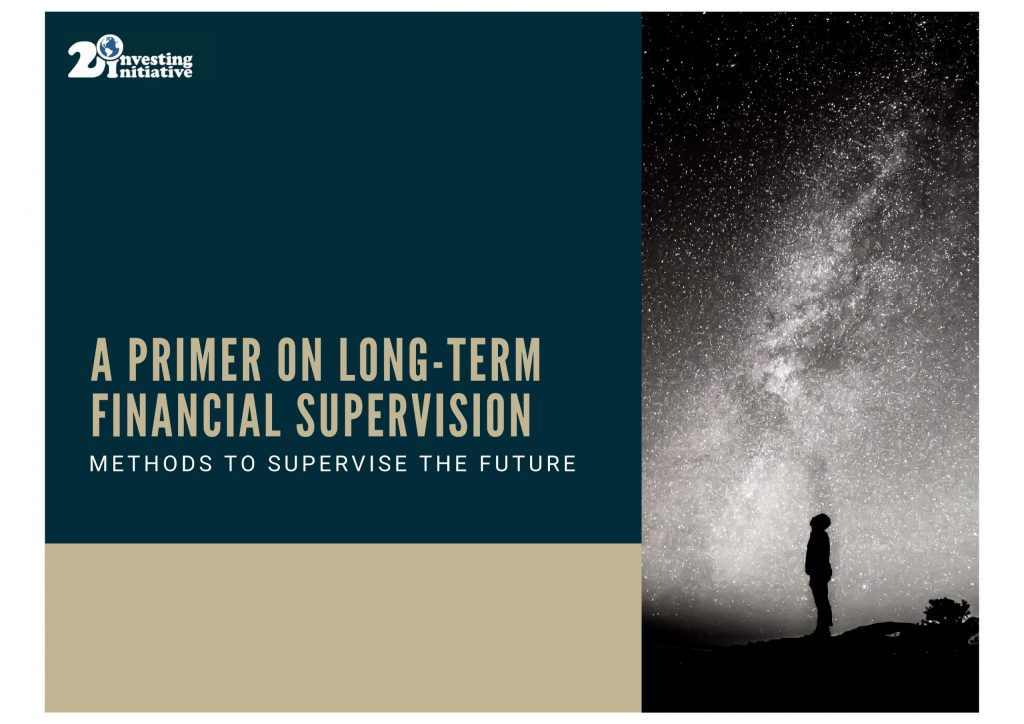10+ years after the global financial crisis, financial supervisors are still struggling to integrate “long-term risks” into short-term supervisory mandates. Additionally, financial markets are poorly prepared for ‘break the glass’ type scenarios involving a range of systemic economic risks such as climate change, pandemics, and artificial intelligence. In response, this report outlines our recommendations for ways that financial supervisors can grapple with long-term risks.
Key recommendations:
- Financial supervision should involve long-term scenario analysis and stress-tests of systemic risks.
- It should entail analyzing the ‘risk exposure’ of current assets based on maturity and amortization profiles.
- Finally, it should involve the integration of long-term risks into risk management frameworks.


